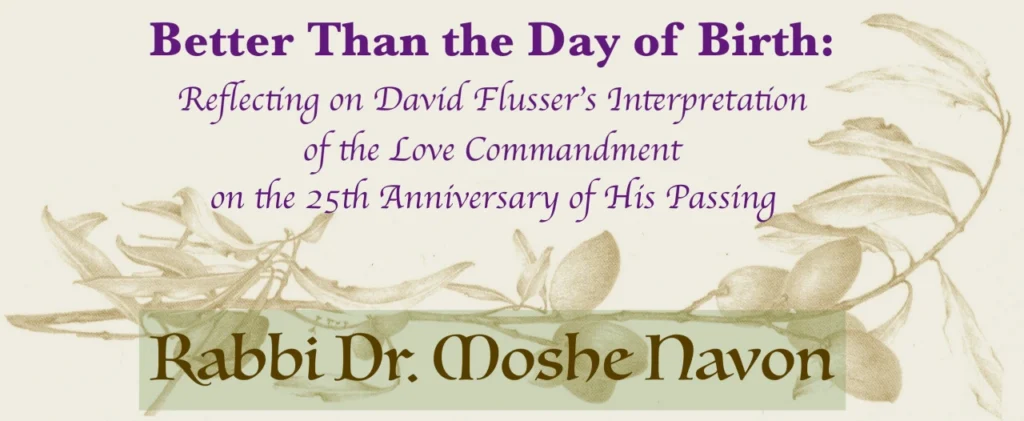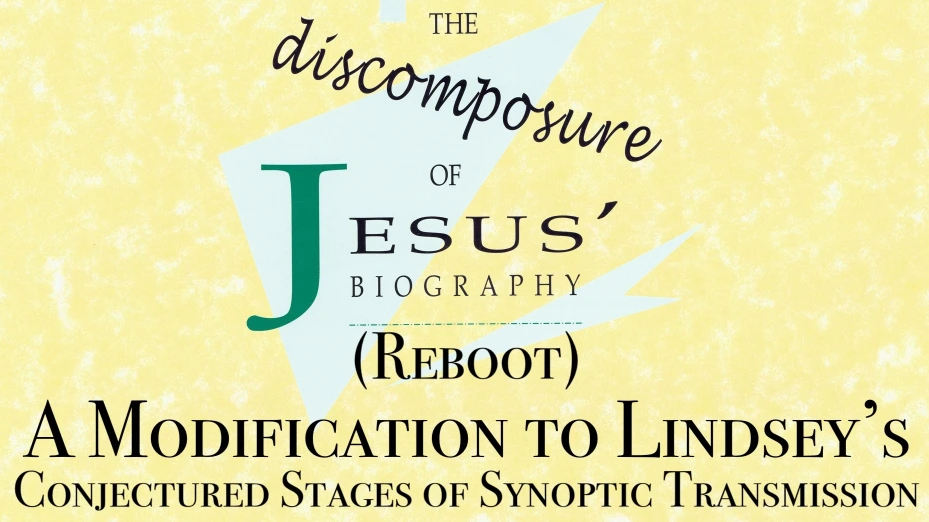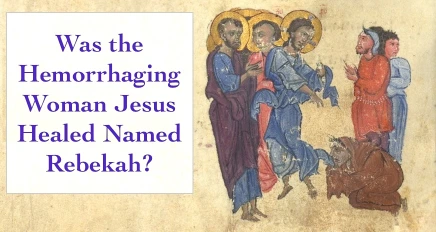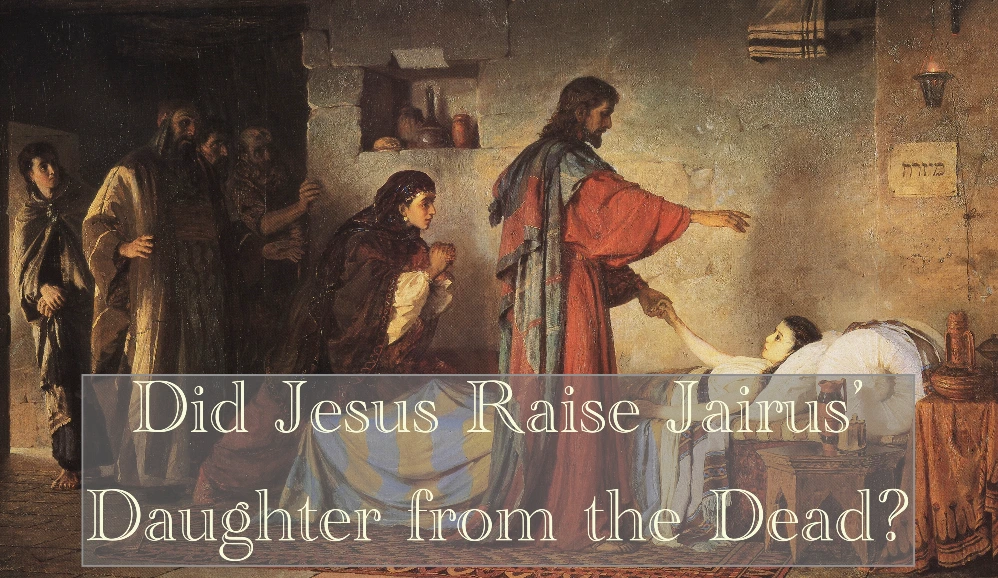How to cite this article: JP Staff Writer, “Character Profile: Beelzebul,” Jerusalem Perspective (2024)
[https://www.jerusalemperspective.com/29561/].
The Synoptic Gospels make reference on a few occasions to a malignant being named Βεελζεβούλ (Be·el·ze·BOUL, “Beelzebul”; Matt. 12:24 ∥ Mark 3:22 ∥ Luke 11:15; Matt. 12:27 ∥ Luke 11:19; Matt. 10:25), who is identified as “the prince of demons.” No being by this name is ever mentioned in any pre-Christian source. Neither is he mentioned in any ancient Jewish source that was untouched by Christian redactors.[1] The Gospels remain the sole source of information regarding the origins and identity of this mysterious and sinister being.
Textual Variants
| Rather listen instead? |
| JP members can click the link below for an audio version of this essay.[*] Paid Content If you do not have a paid subscription, please consider registering as a Premium Member starting at $10/month (paid monthly) or only $5/month (paid annually): Register One Time Purchase Rather Than Membership  |
Since the identity of this being is so obscure, it is hardly surprising that there is uncertainty about the meaning and even the form of this being’s name. Whereas the majority of texts, including the early papyrus manuscripts 𝔓45 and 𝔓75, spell his name as Βεελζεβούλ, two important witnesses, Codex Vaticanus (B) and Codex Sinaiticus (א), omitting the first λ (l), give his name as Βεεζεβούλ. Syriac and Latin versions attest to yet another form, “Beelzebub,” an assimilation to the name spelled Βααλζεβούβ (Baalzeboub) in the text of Aquila’s Greek translation of the Hebrew Scriptures (2nd cent. C.E.).[2] There it serves as a transliteration of the name בַּעַל זְבוּב (ba‘al zevūv, “master of a fly”) known from the Elijah narratives, where “Beelzebub” is identified as the god of the Philistine city Ekron (2 Kgs. 1:2).
Which form of the name is original to the Gospels? Two rules of textual criticism seem to lead to opposite conclusions. One rule is that the most difficult reading (called the lectio difficilior) is most likely to be original, since the tendency of copyists was to make sense of incomprehensible readings. The other rule is that the reading that best explains the other variants is most likely to be original.
Paid Content
Premium Members and Friends of JP must be logged in to access this content: Login
If you do not have a paid subscription, please consider registering as a Premium Member starting at $10/month (paid monthly) or only $5/month (paid annually): Register
One Time Purchase Rather Than Membership
Rather than purchasing a membership subscription, you may purchase access to this single page for $1.99 USD. To purchase access we strongly encourage users to first register for a free account with JP (Register), which will make the process of accessing your purchase much simpler. Once you have registered you may login and purchase access to this page at this link:
If you enjoyed reading this profile, you may also want to check out these recent JP articles:
- Like Every Sparrow Falling: The Symbolism of Sparrows in a Saying of JesusThe multivalent image of the sparrow in ancient Jewish thought made it a useful vehicle for conveying messages about human and divine relationships.
- Better Than the Day of Birth: Reflecting on David Flusser’s Interpretation of the Love Commandment on the 25th Anniversary of His PassingI regard the twenty-fifth anniversary of David Flusser’s passing not solely as a day of loss, but also as the day that gave him to the world.
- 25 Years Since David Flusser’s PassingProfessor Serge Ruzer shares his recollections of Israeli scholar David Flusser on the twenty-fifth anniversary of his death.
- The Discomposure of Jesus’ Biography (Reboot): A Modification to Lindsey’s Conjectured Stages of Synoptic TransmissionHow did the Hebrew biography of Jesus disintegrate into the isolated pericopae that make up the Synoptic Gospels?
- Was the Hemorrhaging Woman Jesus Healed Named Rebekah?Is it possible to retrieve the name of the woman who touched Jesus’ tzitzit?
- Did Jesus Raise Jairus’ Daughter from the Dead?Should readers give more weight to the bystanders’ impressions or to the words Jesus said?
- [1] Beelzeboul is mentioned in the Testament of Solomon, where he is again identified as the price of demons, but this pseudepigraphical work was edited by Christian redactors and was heavily influenced by the Gospels. See François Bovon, Luke: Hermeneia—A Critical and Historical Commentary on the Bible (3 vols.; trans. Donald S. Deer [Evangelium nach Lukas, 1989-2009]; Minneapolis: Fortress, 2002, 2013, 2012), 2:118. ↩
- [2] See Edwin Hatch and Henry A. Redpath, A Concordance to the Septuagint and the Other Greek Versions of the Old Testament (Including the Apocryphal Books) (3 vols.; Oxford: Clarendon, 1897; repr., 2 vols.; Grand Rapids: Baker, 1983), 3:30. Henceforth this work will be cited as Hatch-Redpath. ↩







































































































Comments 2
I would have liked to see what the writer has to say by reading the entire article. But since I am at the level of PEER REVIEW, I won’t spend the money to gain access. Also, I have no idea who the writer is, so there’s no way anyone can know what kind of person is writing this stuff.
The ORIGINAL ‘Smith’s Bible Dictionary’ has a much better article on the meaning and reality of Ba’al-Zevuv. Following through with the other ‘gods’ found in that article, by reading the entries in his dictionary will fill in the blanks. There is a lot of history in the word Ba’al that nobody in the Christian world has any idea about. For example, the word Ba’al was the generic word for god back then, just like the word ‘God’ is the generic word for God in Christianity. So Ba’al had many derivatives, many of which were cultural. And when you look at the history of catastrophe-based ‘myth’, even more layers of meaning can be seen.
Anyway, it’s a shame that JP doesn’t know about the Hebrew Gospels. That might clear up a lot of the confusion inherent in these texts.
Author
Dear ChrisH,
Has the JP staff understood correctly that you have not read this article? How then are you able to compare it either favorably or negatively to any other article on the subject? Your professed ignorance of the content of this article undermines the credibility of your assessment. Please read the article before commenting so that you can form an informed opinion on its quality.